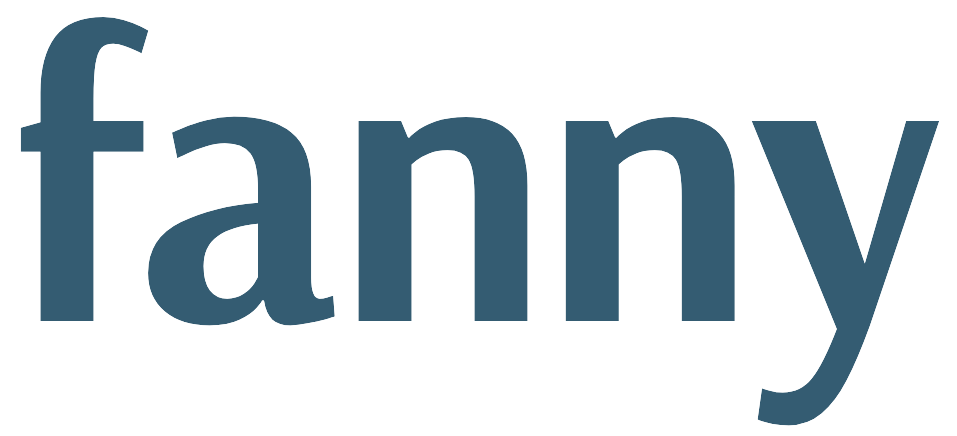Are you looking to enhance your coding skills and gain practical experience? Open-source projects offer an excellent opportunity to sharpen your programming abilities, collaborate with other developers, and contribute to meaningful initiatives.
In this article, we will explore ten open-source projects that can assist you in boosting your coding expertise. Each project has its unique features and challenges, providing valuable learning opportunities for developers of all skill levels.
Project 1: FreeCodeCamp
- Description and purpose of the project: FreeCodeCamp is an open-source platform that offers a comprehensive curriculum for learning web development, data science, and more. It provides hands-on coding challenges and real-world projects to help you apply your skills.
- Technologies and programming languages involved: HTML, CSS, JavaScript, Python, and more.
- How the project can benefit your coding skills: FreeCodeCamp offers a structured learning path with practical projects, allowing you to practice coding and build a portfolio of projects.
- Steps to get started and contribute: Create an account on FreeCodeCamp’s website, explore the curriculum, and start completing coding challenges and projects.
Project 2: TensorFlow
- Overview of the project’s goals and objectives: TensorFlow is an open source machine learning framework developed by Google. It enables developers to build and deploy machine learning models efficiently.
- Programming languages and frameworks utilized: Python, C++, and various deep learning frameworks.
- Key features and functionalities: TensorFlow provides a rich set of tools and libraries for machine learning tasks, including neural networks, natural language processing, and computer vision.
- Ways to contribute and improve your coding proficiency: Contribute to the TensorFlow project by fixing bugs, adding new features, or implementing machine learning algorithms.
Project 3: React
- Introduction to the open source project: React is a JavaScript library for building user interfaces. It allows developers to create reusable UI components and efficiently manage the state of web applications.
- Areas of focus and potential learning outcomes: Developing user interfaces, component-based architecture, state management, and virtual DOM.
- Tools and resources required to get involved: Text editor, web browser, and knowledge of JavaScript.
- Tips for actively participating and expanding your coding abilities: Join the React community, contribute to open-source projects, and explore advanced topics like React hooks and context.
Project 4: VS Code
- Details about the open source initiative: Visual Studio Code (VS Code) is a popular code editor developed by Microsoft. It provides a wide range of features and extensions for efficient coding.
- Specific coding skills that can be enhanced: Writing clean and efficient code, using debugging tools, and exploring various programming languages and frameworks.
- Collaborative aspects and community engagement: VS Code has a thriving community of developers who contribute to the project through extensions, bug fixes, and improvements.
- A step-by-step guide to joining and making contributions: Visit the VS Code GitHub repository, explore the issues, and submit your contributions through pull requests.
Project 5: Django
- Purpose and significance of the open source project: Django is a high-level web framework written in Python. It simplifies the process of building web applications and follows the model-view-controller (MVC) architectural pattern.
- Programming languages and frameworks used: Python, HTML, CSS, and JavaScript.
- How participating can advance your coding skills: Contributing to the Django project allows you to gain practical experience in web development, database management, and server-side programming.
- Examples of notable contributions and success stories: Explore the Django community and learn from experienced contributors who have built successful web applications using Django.
Project 6: Apache Kafka
- Background and context of the project: Apache Kafka is an open-source distributed event streaming platform used for building real-time data pipelines and streaming applications.
- Areas of programming expertise required: Distributed systems, event-driven architecture, and data processing.
- Learning opportunities and growth prospects: By contributing to Kafka, you can gain insights into scalable messaging systems, fault tolerance, and data streaming technologies.
- Techniques for leveraging the project to improve your coding abilities: Explore Kafka’s documentation, contribute bug fixes, and experiment with building streaming applications.
Project 7: OpenCV
- Introduction and objectives of the open source project: OpenCV (Open Source Computer Vision Library) is a library of programming functions used for computer vision and image processing tasks.
- Relevant programming concepts and techniques: Image manipulation, feature detection, object recognition, and machine learning.
- How the project can enhance your coding proficiency: Contributing to OpenCV allows you to delve into computer vision algorithms, optimize performance, and gain practical experience in image processing.
- Ways to engage with the community and make meaningful contributions: Join the OpenCV community, participate in discussions, and contribute code improvements or documentation.
Project 8: Kubernetes
- Overview of the open source initiative: Kubernetes is a container orchestration platform that automates the deployment, scaling, and management of containerized applications.
- Noteworthy features and functionalities: Containerization, cluster management, load balancing, and service discovery.
- Potential impact on your coding skills: Contributing to Kubernetes exposes you to the world of cloud-native applications, microservices, and infrastructure management, helping you become a proficient developer in distributed systems.
- Resources and support available for contributors: Kubernetes has an active community that provides documentation, forums, and mentorship for newcomers to contribute effectively.
Project 9: Electron
- Description and purpose of the open source project: Electron is a framework for building cross-platform desktop applications using web technologies such as HTML, CSS, and JavaScript.
- Programming languages and tools employed: JavaScript, Node.js, and web technologies.
- Practical benefits of participating in the project: Contributing to Electron enables you to gain expertise in desktop application development, user interface design, and performance optimization.
- Suggestions for maximizing your learning experience: Dive into Electron’s source code, experiment with building sample applications, and contribute bug fixes or new features.
Project 10: TensorFlow.js
- Explanation of the open source project’s objectives: TensorFlow.js is a JavaScript library for machine learning in the browser and Node.js. It allows you to train and deploy machine learning models using JavaScript.
- Coding challenges and problem-solving opportunities: Working with TensorFlow.js exposes you to machine learning algorithms, data preprocessing, and model deployment in web applications.
- How involvement can advance your programming skills: By contributing to TensorFlow.js, you can deepen your understanding of machine learning concepts, improve JavaScript programming skills, and explore the intersection of AI and web development.
- Steps to contribute effectively and gain valuable experience: Explore the TensorFlow.js repository on GitHub, join the community forums, and contribute to documentation, examples, or bug fixes.
Conclusion:
Engaging with open-source projects is an effective way to enhance your coding skills and broaden your horizons as a developer. The ten projects mentioned in this article provide diverse avenues for growth, allowing you to apply your knowledge, collaborate with peers, and make a positive impact on real-world projects.
Remember to choose projects that align with your interests and goals, and actively participate in the open-source community. Embrace the learning opportunities, contribute your skills, and embark on a journey of continuous improvement in your coding abilities.




